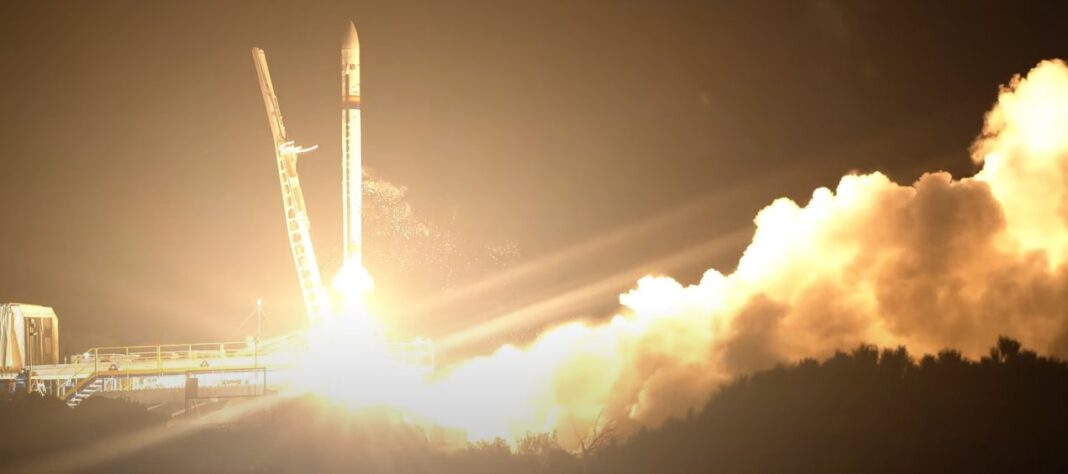On Saturday, Spain joined the space race with the debut launch of their first suborbital reusable rocket, Miura 1. The rocket, developed by the private company PLD Space, which was established in 2011, achieved a significant milestone by successfully sending the first privately-owned European rocket, MIURA 1, into suborbital space. This momentous event occurred at 02:19 CET (00:19 UTC) on October 7th at Spain’s El Arenosillo Experimentation Center (CEDEA).
According to PLD Space, MIURA 1 is a suborbital launcher that can carry payloads up to 100 kg and reach an altitude of about 150 km. The rocket is designed to be recoverable and reusable, which could reduce the cost and environmental impact of space access. MIURA 1 is also a technology demonstrator for PLD Space’s future orbital launcher, MIURA 5, which will be able to deliver small satellites into low Earth orbit.
According to the company, the first flight of MIURA 1 lasted for 306 seconds and successfully reached an apogee of 46 km. The mission accomplished its primary objectives regarding engine thrust, trajectory tracking, and launcher behavior. The rocket also carried a technological device from the German Center for Applied Space Technology and Microgravity (ZARM), which will use the data collected during the flight for future experiments.
The launch was a success for PLD Space and its partners, investors and suppliers. The company received support from the National Institute of Aerospace Technology (INTA), the state security forces and bodies, and the European Space Agency (ESA). The launch also marked a milestone for Spain and Europe, as PLD Space became the tenth country in the world with direct space capability and the first private company in Europe to launch a rocket into space.
The launch was not without challenges. PLD Space had to cancel several previous attempts due to weather conditions, fire risks, and technical issues. The company said it had overcome these difficulties with perseverance and innovation.
The co-founders of PLD Space, Raúl Torres, Raúl Verdú and Ezequiel Sánchez, expressed their satisfaction and gratitude for the achievement. They also emphasized that this launch was only the beginning of their ambitious project to become a leader in the global space race and to provide reliable and affordable access to space for small satellites.
“We are very proud of this achievement, which is the result of many years of hard work and dedication from our team and partners,” said Raúl Torres, co-founder and CEO of PLD Space. “We have demonstrated that we have the technology and the know-how to make space more accessible and sustainable.”
PLD Space envisions conducting additional launches of Miura 1 rockets in the upcoming times, alongside introducing a more advanced orbital launcher called Miura 5. The Miura 5 aims to transport up to 300 kilograms (660 pounds) of payload to low Earth orbit, representing a significant upgrade. By expanding their capabilities, PLD Space aspires to become a prominent player in the European small satellite launch sector.
A global media for the latest news, entertainment, music fashion, and more.






